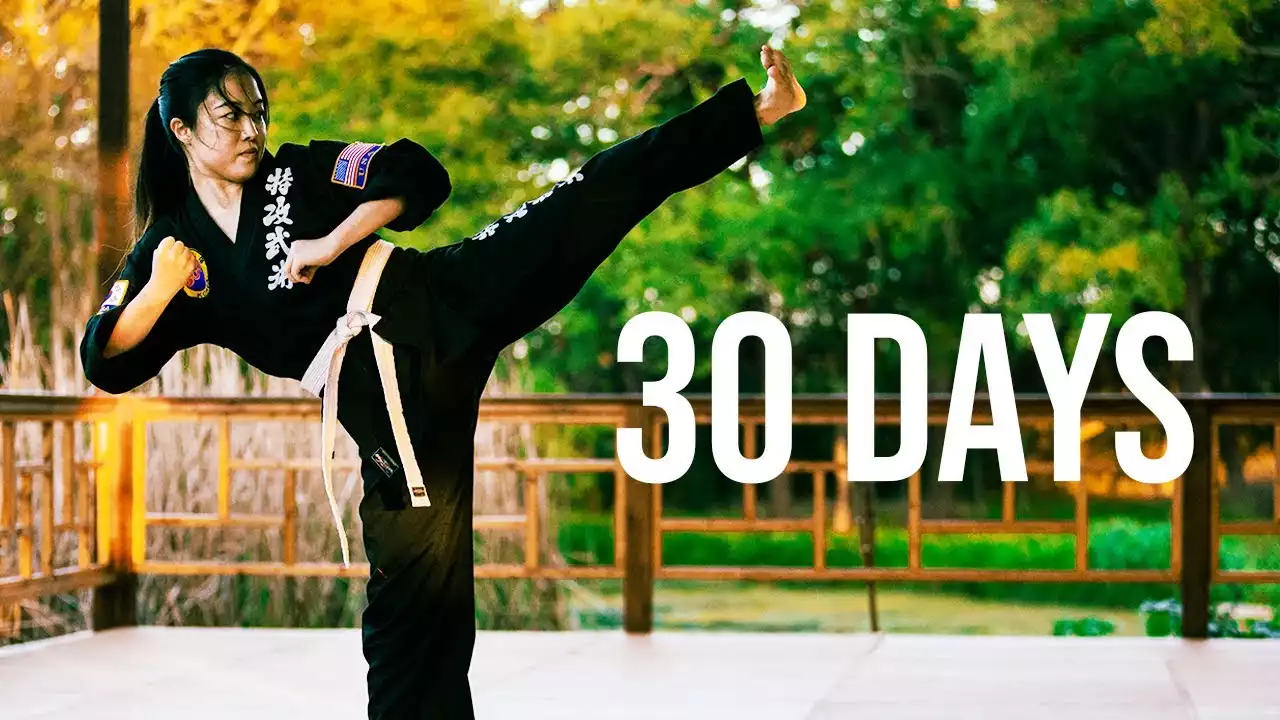History of Taekwondo
Taekwondo is a Korean martial art and combat sport that has been practiced for centuries. It originated in the Joseon Dynasty in Korea and has since become one of the most popular martial arts in the world. It was developed to be both a self-defense and a physical fitness program. The word taekwondo translates to “way of the foot and fist”, and practitioners use their hands and feet to punch, kick, and block their opponents. The basic taekwondo techniques focus on balance, control, flexibility, and strength.
In the 1950s, the Korean Taekwondo Association was founded to promote the sport of taekwondo. Since then, taekwondo has become an official Olympic sport and is practiced in more than 200 countries around the world. Over the years, the rules and regulations of taekwondo have been developed and refined to make the sport safer and fairer for all participants.
Benefits of Practicing Taekwondo
Taekwondo has many benefits for both the body and the mind. Physically, taekwondo is a great way to stay in shape and develop strength and agility. It also helps to improve balance and coordination and can be a great way to reduce stress and anxiety. Mentally, taekwondo can help to build self-discipline, focus, and confidence. It also encourages respect for others, teaches self-defense, and improves concentration.
In addition to the physical and mental benefits of taekwondo, it is also a great way to make new friends and have fun. Taekwondo is a social activity that can help to build relationships with other practitioners and increase self-esteem.
Overview of Poomee Rules
The Poomee rules are a set of rules that govern the practice and competition of the sport of taekwondo. These rules were developed by the World Taekwondo Federation (WTF), the international governing body for the sport of taekwondo. The Poomee rules are designed to ensure the safety of both the participants and the audience. They are also designed to ensure that the bouts are conducted fairly and equitably.
The Poomee rules are divided into four categories: Safety, Fairness, Tournaments, and Governing Bodies. Each of these categories includes a set of specific rules that are used to ensure the safety and fairness of taekwondo tournaments. The rules also outline the responsibilities of the governing bodies and the etiquette of taekwondo practitioners.
Poomee Rules and Safety
The safety of all participants is of paramount importance in the sport of taekwondo. The Poomee rules include a set of safety rules that must be followed by all taekwondo practitioners. These rules include the use of protective gear such as helmets and mouth guards, the proper use of techniques, and the prohibition of dangerous techniques. The rules also outline the responsibilities of the referees and how they should handle any dangerous situations.
In addition to these safety rules, the Poomee rules also include rules that govern the use of medical personnel and the treatment of injuries. This ensures that all participants receive the proper medical attention if they are injured during a match.
Poomee Rules and Fairness
The Poomee rules also include a set of rules that ensure the fairness of taekwondo tournaments. These rules outline the responsibilities of the referees, the rules for scoring points, and the rules for determining the winner of a match. The rules also outline the responsibilities of the governing bodies and the proper etiquette for taekwondo practitioners.
The rules for fairness also include rules for disqualification, which ensure that the tournament is conducted equitably. These rules ensure that all participants are treated fairly and have an equal opportunity to win.
Poomee Rules in Tournaments
The Poomee rules apply to both official and unofficial tournaments. They outline the responsibilities of the governing bodies, the rules for scoring points, and the rules for determining the winner of a match. The rules also outline the responsibilities of the referees and the proper etiquette for taekwondo practitioners.
The Poomee rules also outline the rules for disqualification and how they should be handled. This ensures that all participants are treated fairly and have an equal opportunity to win.
Poomee Rules and Governing Bodies
The Poomee rules govern the activities of the governing bodies of taekwondo. The rules outline the responsibilities of the governing bodies and the proper etiquette for taekwondo practitioners. The governing bodies are responsible for enforcing the Poomee rules and ensuring that all tournaments are conducted fairly and equitably.
The Poomee rules also outline the responsibilities of the referees and the proper etiquette for taekwondo practitioners. The referees are responsible for ensuring that the rules are followed and that the tournament is conducted fairly and equitably.
Poomee Rules and Etiquette
The Poomee rules also outline the proper etiquette for taekwondo practitioners. This includes respecting your opponent, respecting the referees and governing bodies, and following the laws of the tournament. Respect for your opponent is essential for the safety and fairness of the tournament and all taekwondo practitioners must follow the rules of etiquette.
The Poomee rules also outline the proper etiquette for the audience. This includes respecting the referees and governing bodies, following the laws of the tournament, and refraining from booing or cheering during a match.











